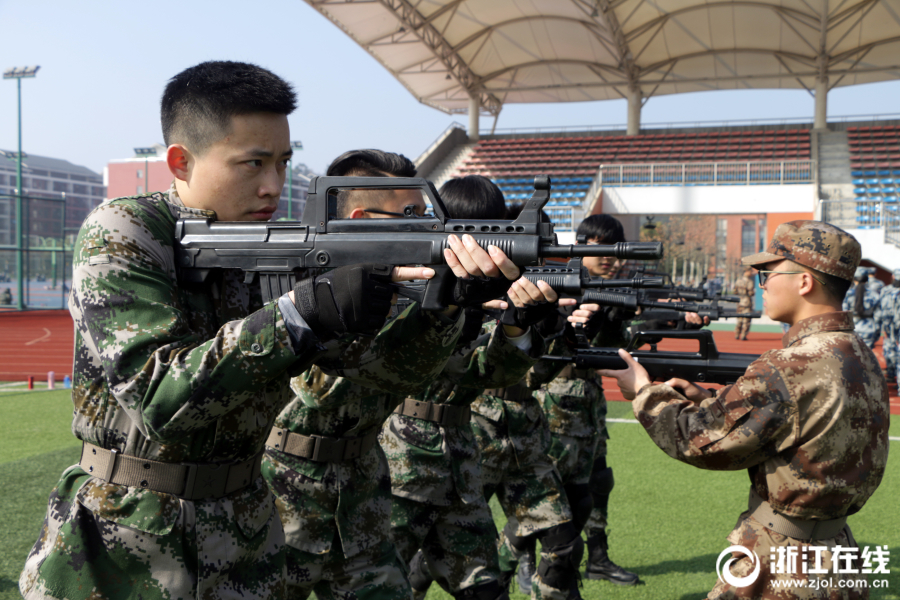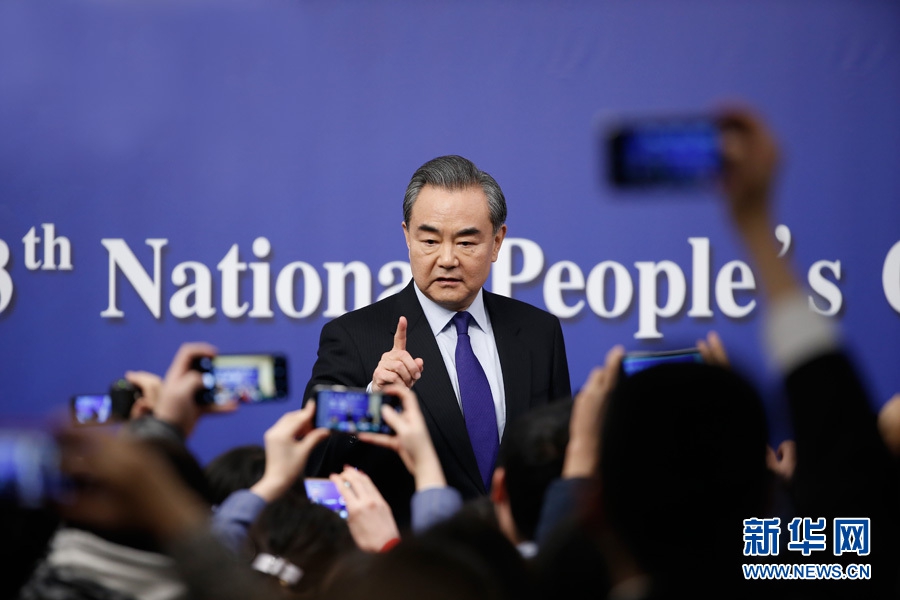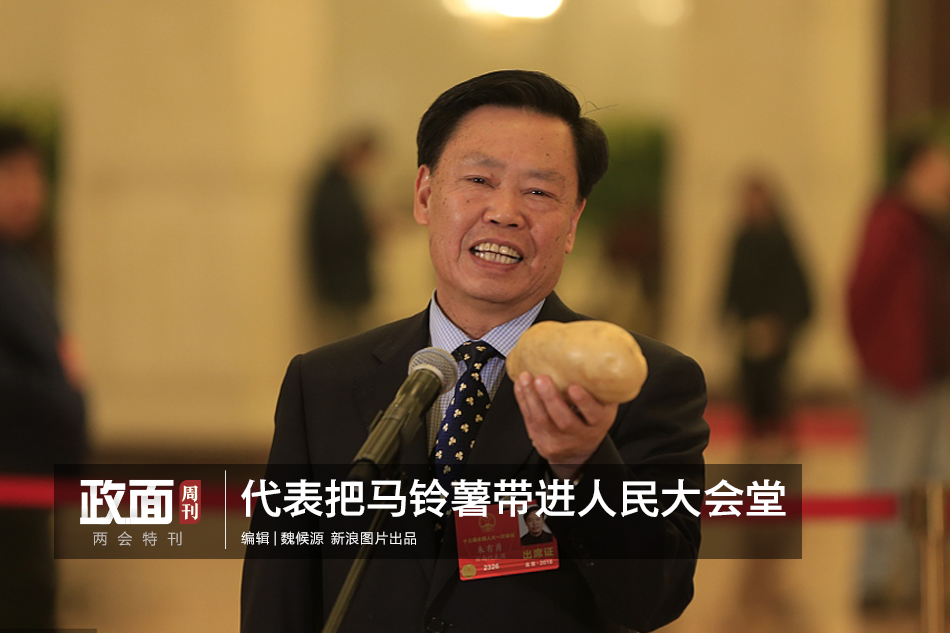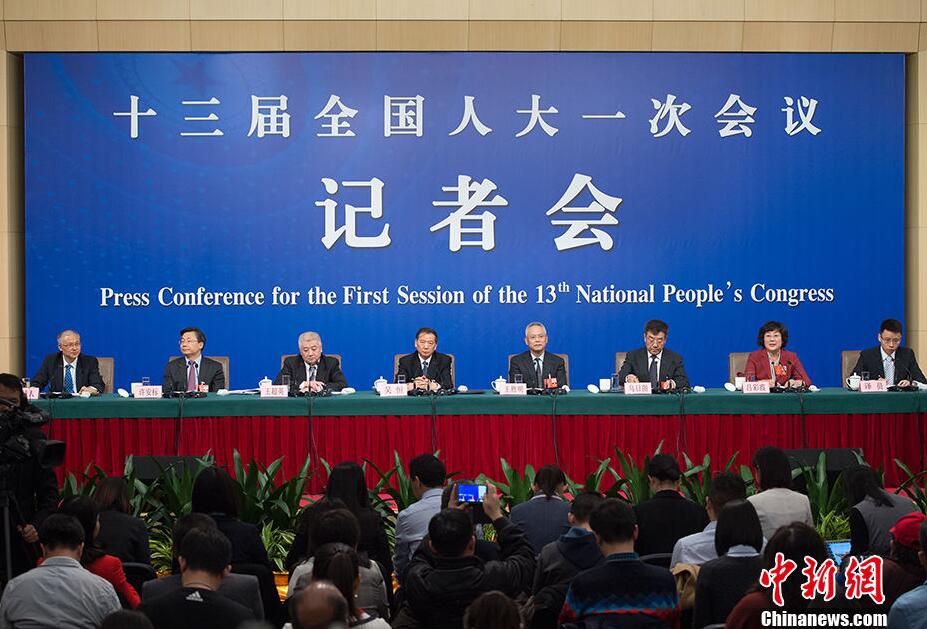
1. The five functions of the operating system are processor management, memory management, device management, file management and job management. Processor management The most basic function of processor management is to process interrupt events. After configuring the operating system, various events can be processed.
2. The main function of the computer operating system is process management, and its work is mainly process scheduling. In the case of a single user and a single taskNext, the processor is only monopolized by one user's task, and the process management work is very simple.
3. Operating System (abbreviation: OS) is a group of interrelated system software programs that supervise and control computer operation, use and run hardware, software resources and provide public services to organize user interaction.
4. Five major management functions of the operating system: (1) Job management: including tasks, interface management, human-computer interaction, graphical interface, voice control and virtual reality, etc. ( 2) File management: also known as information management. ( 3) Storage management: The essence is the management of storage "space", which mainly refers to the management of the main memory.
Any information system has five basic functions, namely: information collection and recording (input); information storage; information processing; information transmission; information output .
According to the functional introduction of the information system, the information system has five basic functions: input, storage, processing, output and control. Different functions have different functions, such as input function: the input function of the information system is determined by the purpose to be achieved by the system, the ability of the system and the permission of the information environment.
Five basic functions of the information system: input, storage, processing, output and control. Input function: The input function of the information system is determined by the purpose to be achieved by the system, the ability of the system and the permission of the information environment.Storage function: Storage function refers to the ability of the system to store various information and data. Mainly including: statistical functions.
The operating system has five functions: processor management: mainly controls and manages the work of the CPU. Storage management: mainly allocate and manage memory. Device management: mainly manage basic input and output devices. File management: responsible for the organization, storage, operation and protection of computer files.
The functions of the computer operating system include: processor management, memory management, device management, file management, job management and other functional modules. Processor management. The most basic function of processor management is to handle interrupt events. The processor can only detect interrupt events and generate interrupts and cannot process them.
The main function of the computer operating system is process management, and its main work is process scheduling. In the case of a single user and a single task, the processor is only monopolized by one user's task, and the work of process management is very simple.
The main functions of the operating system are process and processor management, job management, storage management, device management and file management, as follows: process and processor management. Because the execution of the program must rely on the processor, only one program flow can be processed and executed at any time. Homework management.
I) Processor management The most basic function of processor management is to handle interrupt events. The processor can only detect interrupt events and generate interrupts, and cannot handle these interrupt events. After configuring the operating system, all types of events can be handled.Another function of processor management is processor scheduling.
Five management functions of the operating system: job management: including tasks, interface management, human-computer interaction, graphical interface, voice control and virtual reality, etc. File management: also known as information management. Storage management: The essence is the management of storage "space", which mainly refers to the management of the main memory.

The storage management function of the operating system is to manage memory resources. It mainly realizes memory allocation and recovery, storage protection and memory expansion. The device management of the device management operating system is responsible for allocating and recycling external devices, and controlling external devices to operate according to the requirements of user programs.
The functions of the computer operating system include: processor management, memory management, device management, file management, job management and other functional modules. Processor management. The most basic function of processor management is to handle interrupt events. The processor can only detect interrupt events and generate interrupts and cannot process them.
The five functions of the operating system are processor management, memory management, device management, file management and job management.Processor management The most basic function of processor management is to process interrupt events. After configuring the operating system, various events can be processed.
Bingo Plus-APP, download it now, new users will receive a novice gift pack.
1. The five functions of the operating system are processor management, memory management, device management, file management and job management. Processor management The most basic function of processor management is to process interrupt events. After configuring the operating system, various events can be processed.
2. The main function of the computer operating system is process management, and its work is mainly process scheduling. In the case of a single user and a single taskNext, the processor is only monopolized by one user's task, and the process management work is very simple.
3. Operating System (abbreviation: OS) is a group of interrelated system software programs that supervise and control computer operation, use and run hardware, software resources and provide public services to organize user interaction.
4. Five major management functions of the operating system: (1) Job management: including tasks, interface management, human-computer interaction, graphical interface, voice control and virtual reality, etc. ( 2) File management: also known as information management. ( 3) Storage management: The essence is the management of storage "space", which mainly refers to the management of the main memory.
Any information system has five basic functions, namely: information collection and recording (input); information storage; information processing; information transmission; information output .
According to the functional introduction of the information system, the information system has five basic functions: input, storage, processing, output and control. Different functions have different functions, such as input function: the input function of the information system is determined by the purpose to be achieved by the system, the ability of the system and the permission of the information environment.
Five basic functions of the information system: input, storage, processing, output and control. Input function: The input function of the information system is determined by the purpose to be achieved by the system, the ability of the system and the permission of the information environment.Storage function: Storage function refers to the ability of the system to store various information and data. Mainly including: statistical functions.
The operating system has five functions: processor management: mainly controls and manages the work of the CPU. Storage management: mainly allocate and manage memory. Device management: mainly manage basic input and output devices. File management: responsible for the organization, storage, operation and protection of computer files.
The functions of the computer operating system include: processor management, memory management, device management, file management, job management and other functional modules. Processor management. The most basic function of processor management is to handle interrupt events. The processor can only detect interrupt events and generate interrupts and cannot process them.
The main function of the computer operating system is process management, and its main work is process scheduling. In the case of a single user and a single task, the processor is only monopolized by one user's task, and the work of process management is very simple.
The main functions of the operating system are process and processor management, job management, storage management, device management and file management, as follows: process and processor management. Because the execution of the program must rely on the processor, only one program flow can be processed and executed at any time. Homework management.
I) Processor management The most basic function of processor management is to handle interrupt events. The processor can only detect interrupt events and generate interrupts, and cannot handle these interrupt events. After configuring the operating system, all types of events can be handled.Another function of processor management is processor scheduling.
Five management functions of the operating system: job management: including tasks, interface management, human-computer interaction, graphical interface, voice control and virtual reality, etc. File management: also known as information management. Storage management: The essence is the management of storage "space", which mainly refers to the management of the main memory.

The storage management function of the operating system is to manage memory resources. It mainly realizes memory allocation and recovery, storage protection and memory expansion. The device management of the device management operating system is responsible for allocating and recycling external devices, and controlling external devices to operate according to the requirements of user programs.
The functions of the computer operating system include: processor management, memory management, device management, file management, job management and other functional modules. Processor management. The most basic function of processor management is to handle interrupt events. The processor can only detect interrupt events and generate interrupts and cannot process them.
The five functions of the operating system are processor management, memory management, device management, file management and job management.Processor management The most basic function of processor management is to process interrupt events. After configuring the operating system, various events can be processed.
UEFA Champions League standings
author: 2025-02-06 17:42App to watch Champions League live free
author: 2025-02-06 17:37 European Cup live
European Cup live
927.58MB
Check Casino Plus GCash login
Casino Plus GCash login
287.48MB
Check UEFA Champions League live streaming app
UEFA Champions League live streaming app
553.67MB
Check DigiPlus fair value
DigiPlus fair value
578.51MB
Check UEFA live free
UEFA live free
831.39MB
Check UEFA EURO
UEFA EURO
766.11MB
Check DigiPlus Philippine
DigiPlus Philippine
711.83MB
Check Free sports events uefa champions league app android
Free sports events uefa champions league app android
714.47MB
Check Hearthstone Wild Decks
Hearthstone Wild Decks
441.39MB
Check Hearthstone Arena class tier list 2024
Hearthstone Arena class tier list 2024
965.47MB
Check LR stock price Philippines
LR stock price Philippines
642.21MB
Check Arena plus APK
Arena plus APK
925.91MB
Check UEFA EURO
UEFA EURO
333.47MB
Check Casino Plus login register
Casino Plus login register
222.72MB
Check bingo plus update today
bingo plus update today
988.93MB
Check UEFA European championship
UEFA European championship
767.43MB
Check Casino Plus free 100
Casino Plus free 100
281.37MB
Check DigiPlus stock
DigiPlus stock
496.75MB
Check Casino Plus free 100
Casino Plus free 100
734.82MB
Check Arena plus APK
Arena plus APK
718.58MB
Check UEFA Champions League
UEFA Champions League
798.69MB
Check European Cup live
European Cup live
649.96MB
Check Casino Plus GCash login
Casino Plus GCash login
387.92MB
Check DigiPlus stock
DigiPlus stock
475.23MB
Check European Cup live
European Cup live
972.77MB
Check LR stock price Philippines
LR stock price Philippines
226.25MB
Check PAGCOR online casino free 100
PAGCOR online casino free 100
385.82MB
Check UEFA Champions League live streaming app
UEFA Champions League live streaming app
181.48MB
Check Arena plus APK
Arena plus APK
558.37MB
Check UEFA Champions League live streaming free
UEFA Champions League live streaming free
511.22MB
Check PAGCOR online casino free 100
PAGCOR online casino free 100
319.62MB
Check App to watch Champions League live free
App to watch Champions League live free
724.15MB
Check bingo plus update today Philippines
bingo plus update today Philippines
965.11MB
Check Bingo Plus
Bingo Plus
691.58MB
Check Casino free 100 no deposit
Casino free 100 no deposit
187.19MB
Check UEFA European championship
UEFA European championship
248.24MB
Check
Scan to install
Bingo Plus to discover more
Netizen comments More
1373 TNT Sports
2025-02-06 18:52 recommend
2222 UEFA Champions League live
2025-02-06 17:20 recommend
1448 Hearthstone arena
2025-02-06 16:56 recommend
1419 Casino Plus login register
2025-02-06 16:45 recommend
1141 UEFA EURO
2025-02-06 16:34 recommend